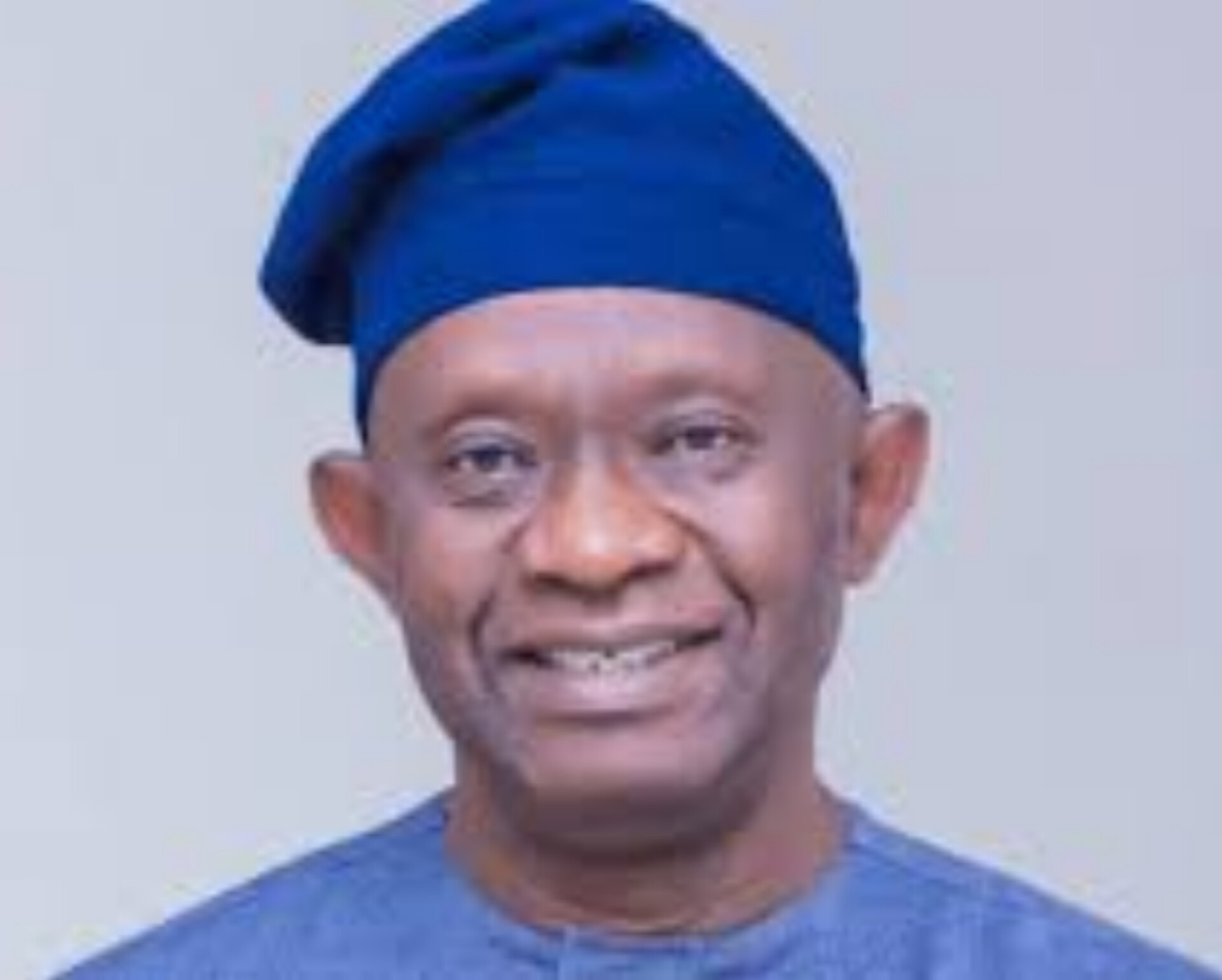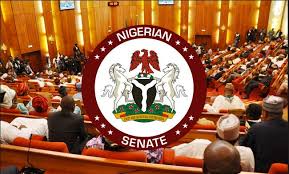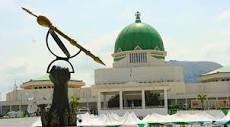Amidst criticisms against the purchase of very expensive 2023 model of the Toyota Landcruiser and Toyota Prado being procured for the use of the 469 members of the National Assembly, the Senate on Tuesday justified its own purchase of the Toyota Landcruiser for 107 of its members at the contract price of about N160 million each.
This is in addition to the bullet proof vehicles being purchased for Senate President Godswill Akpabio and his deputy, Barau Jibrin.
The leadership of the Senate and that of the House of Representatives, in active collaboration with the management of the National Assembly have already given out seperate contracts for the vehicles .
The move had drawn the ire of Nigerians who have been calling out the lawmakers for being insensitive to the plight of Nigerians amid high cost of living.
The Human Rights Writers Association (HURIWA) said procuring SUVs for federal lawmakers was provocative at a time that most families can barely feed their members three square meals per day, and hospitals and roads are collapsing rapidly all across the country.

The Socio-Economic Rights and Accountability Project (SERAP) asked the Federal High Court in Lagos to stop the National Assembly from procuring and taking delivery of exotic and bulletproof cars for members and principal officials pending the hearing and determination of the applications for injunction filed by the organization.
But the Red Chamber defended the purchase of the SUVs, saying lawmakers needed the vehicles for their operations.
Addressing reporters at the National Assembly, Abuja, the chairman, Committee on Senate services, Sunday Karimi (APC, Kogi) said the criticism was uncalled for as members of the other arms of government used similar vehicles.
He urged critics to beam their search light on ministers and members of state assemblies.
He said, “A minister has more than three land cruisers, prado and other vehicles and you are not asking them questions, why us?
“The issue of buying vehicles for National Assembly members, you know it is a reoccurring issue. It occurs every assembly, it will always come up.
“If you got to state houses of assembly today, check out, most of them before they were even inaugurated, the governor would have bought vehicles for them even local government chairmen. I drove the vehicle my local government chairman uses. So, why National Assembly?
“These vehicles that you see, go to Nigerian roads today, If I go home once, my senatorial district, I come back spending a lot on my vehicles because our roads are bad.”
Karimi said the Senate settled for Toyota Landcruiser against a local product after a comparative of analysis of cost, technical issues and durability on Nigeria roads.
“We want something that we can maintain for another four years. It is not the decisions of the senators alone, we did an analysis before arriving at Land cruiser,” he said.
On the issue of cost, Karimi said, “When I came to the Senate, when they gave me their liability. They have a liability of over N16 billion that is made up of different thing including vehicles purchased for members of 7th, 8th and 9th assemblies.
“If you are a businessman and you supply vehicles for somebody in 2014 or 2015 or so and up till now they are owing you. I am not trying to defend anybody.
“If a Landcruiser in the market let say it is A cost, you don’t expect somebody that will supply it to supply it at the price they are selling it in the market.
“It has to leave a margin and the civil service rule for supply allows for 25% margin, plus 7.5% VAT. Out of that 25% margin, they will still remove 5% tax from it.
“You are telling someone to supply when the clients may even end up not making payment for three years and you want him to supply at the price they are selling in the market, it is not possible.”




